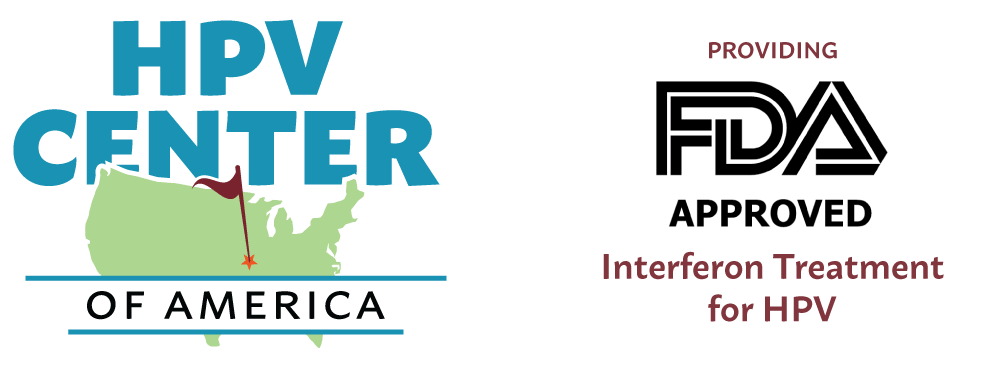Genital Wart Facts
What are genital warts? How contagious are genital warts?
1. Genital warts are very common. Anyone can be infected that participates in sexual activity.
2. Genital Wart Appearance: Genital warts appear as raised, flesh colored, pink or red growths. They can have many shapes. They can be large and protruding or flat and hard to see. Genital warts can be cauliflower-like, rounded, or pointed finger-like projections, and can occur singularly or in groups.
3. They are highly contagious. A person with genital warts can pass the HPV to his or her sexual partner.
4. People usually get genital warts by coming in direct contact with warts on a partner’s genitals or anus during vaginal, anal or oral sex.
5. Statistics show that genital warts are three times more prevalent than genital herpes.
6. Location — Genital warts are generally located in and around the vagina, cervix, anus and penis. They also have been found in the mouth and other areas of sexual contact.
7. Genital warts may not appear until months or even years after infection by a sexual partner.
8. If you have genital warts, your sexual partner should be examined and treated.
9. Your chances of getting genital warts from an infected partner may increase when you:
- Have many sexual partners
- Take oral contraceptives (birth control pills)
- Smoke
- Have a weakened immune system (natural ability to fight infection) because of illness such as diabetes, medication or drug use.
10. If you are a woman, genital warts should be treated because they might:
- Enlarge during pregnancy
- Cause warts in the throat in children born to women with genital warts
- Be linked to an increased chance of cervical cancer.
11. Genital warts may be difficult to get rid of and may come back.
12. You can have more than one sexually transmitted disease at the same time.

Click image, above, to view photos of genital and anal warts.
WARNING: The images presented here are graphic and are intended to aid your understanding of genital and anal warts.
This web site is not intended to provide medical advice or to be a substitute for a visit to your own doctor. Registration for this web site does not create a doctor-patient relationship.



